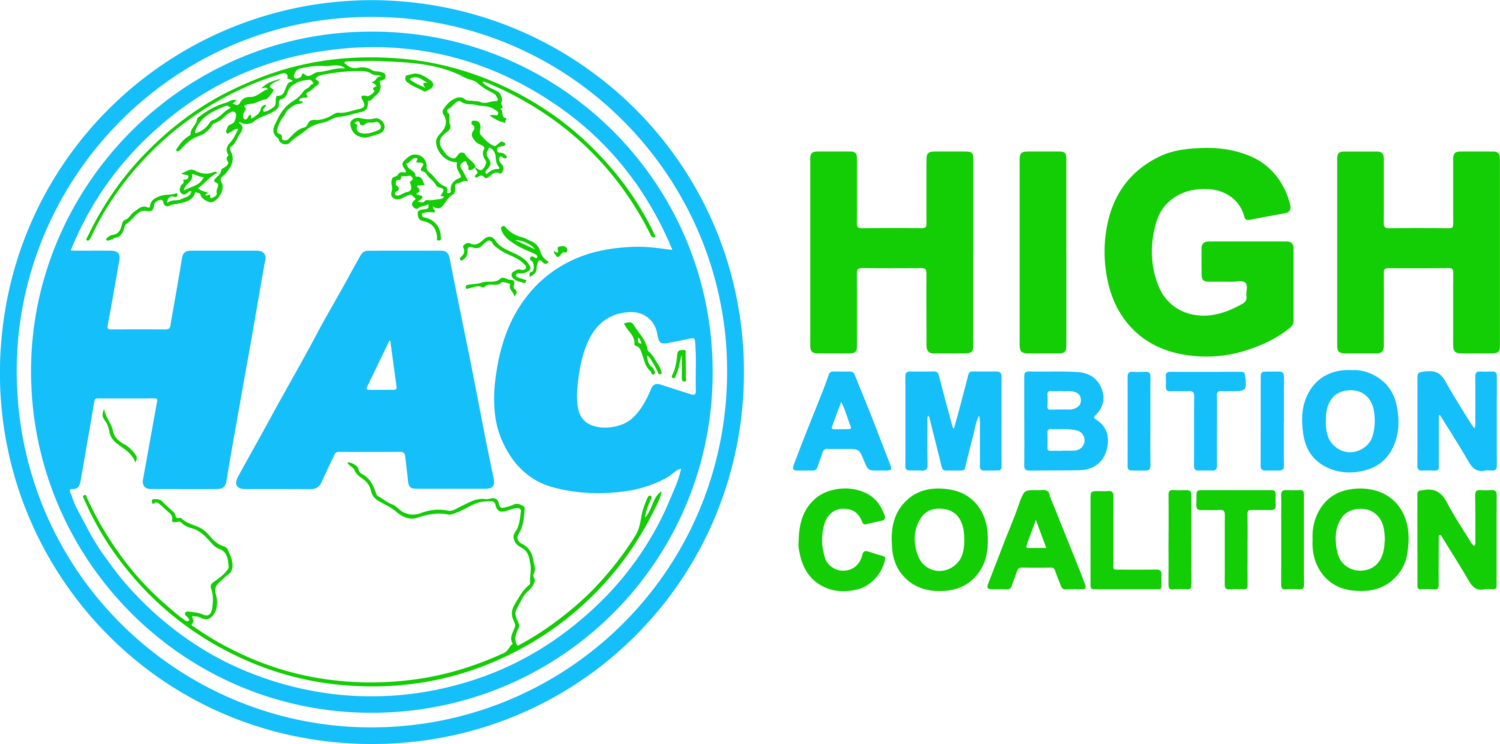Protect Climate Science and Preserve the IPCC's Role in the Paris Agreement Process
As the Intergovernmental Panel on Climate Change (IPCC) gathers in Hangzhou, China, we call on its members and participating governments to protect climate science. The Paris Agreement process must be informed by the best and latest available science. That science allows leaders and negotiators to work together, in good faith and with strong evidence, to chart a course towards a 1.5°C world that is safer and more just for all people.
The first Global Stocktake was an opportunity for the world to look at the progress made in implementation of the Paris Agreement and to take decisions to course correct as needed. The Sixth Assessment Report was critical to informing that process. As we look ahead to the next Global Stocktake, it will be vital that all working group contributions to the Seventh Assessment Report are prepared in time to inform Parties’ deliberations and decision-making. The ability of the latest available science to inform the Global Stocktake is a fundamental element of the Paris Agreement that, if lost, would undermine its credibility and integrity. We must act now to preserve the link between the IPCC science and the Global Stocktake process.
As we see the impacts of the climate crisis worsening around the world, we watch fires, floods, strengthening storms, and drought and starvation destroy lives and communities. We owe it to everyone suffering the impacts of the climate crisis now, and to future generations, to make decisions about our planet’s future on the basis of the best evidence and knowledge available to us.
H.E. Sir Molwyn Joseph, Minister of Health Wellness, Civil Service Affairs and the Environment, Antigua and Barbuda
H.E. Leonore Gewessler, Federal Minister for Climate Action, Environment, Mobility, Innovation and Technology, Austria
H.E. Jean-Luc Crucke, Minister of Mobility, Climate and Ecological Transition, Belgium
H.E. Maisa Rojas Corradi, Minister of Environment, Chile
H.E. Lars Aagaard, Minister for Climate, Energy and Utilities, Denmark
H.E. Wopke Hoekstra, Commissioner for Climate, Net Zero and Clean Growth, European Commission
H.E. Sari Multala, Minister of Climate and the Environment, Finland
H.E. Agnès Pannier-Runacher, Minister for the Ecological Transition, Biodiversity, Forests, Marine Affairs and Fisheries, France
H.E. Jennifer Morgan, State Secretary and Special Envoy for International Climate Action, Germany
H.E. Edwin Castellanos, Vice Minister of Natural Resources and Climate Change, Guatemala
H.E. Darragh O’Brien, T.D., Minister for Climate, Environment and Energy, Ireland
H.E. Ali Mohamed, Special Climate Change Envoy, Kenya
H.E. Serge Wilmes, Minister of the Environment, Climate and Biodiversity, Luxembourg
H.E. Isabelle Berro-Amadeï, Minister for Foreign Affairs and Cooperation, Monaco
H.E. Sophie Hermans, Minister of Climate Policy and Green Growth, the Netherlands
H.E. Simon Watts, Minister for Climate Change, New Zealand
H.E. Bojan Kumer, Minister of the Environment, Climate, and Energy, Republic of Slovenia
H.E. Bremity Lakjohn, Minister of the Environment and Minister in Assistance to the President, Republic of the Marshall Islands
H.E. Sara Aagesen, Third Vice-President and Minister for the Ecological Transition and Demographic Challenge, Spain
H.E. Romina Pourmokhtari, Minister for Climate and the Environment, Sweden
H.E. Ed Miliband, Secretary of State for Energy Security and Net Zero, United Kingdom of Great Britain and Northern Ireland
H.E. Ralph Regenvanu, Minister of Climate Change Adaptation, Meteorology & Geo-Hazards, Energy, Environment and Disaster Management, Vanuatu

